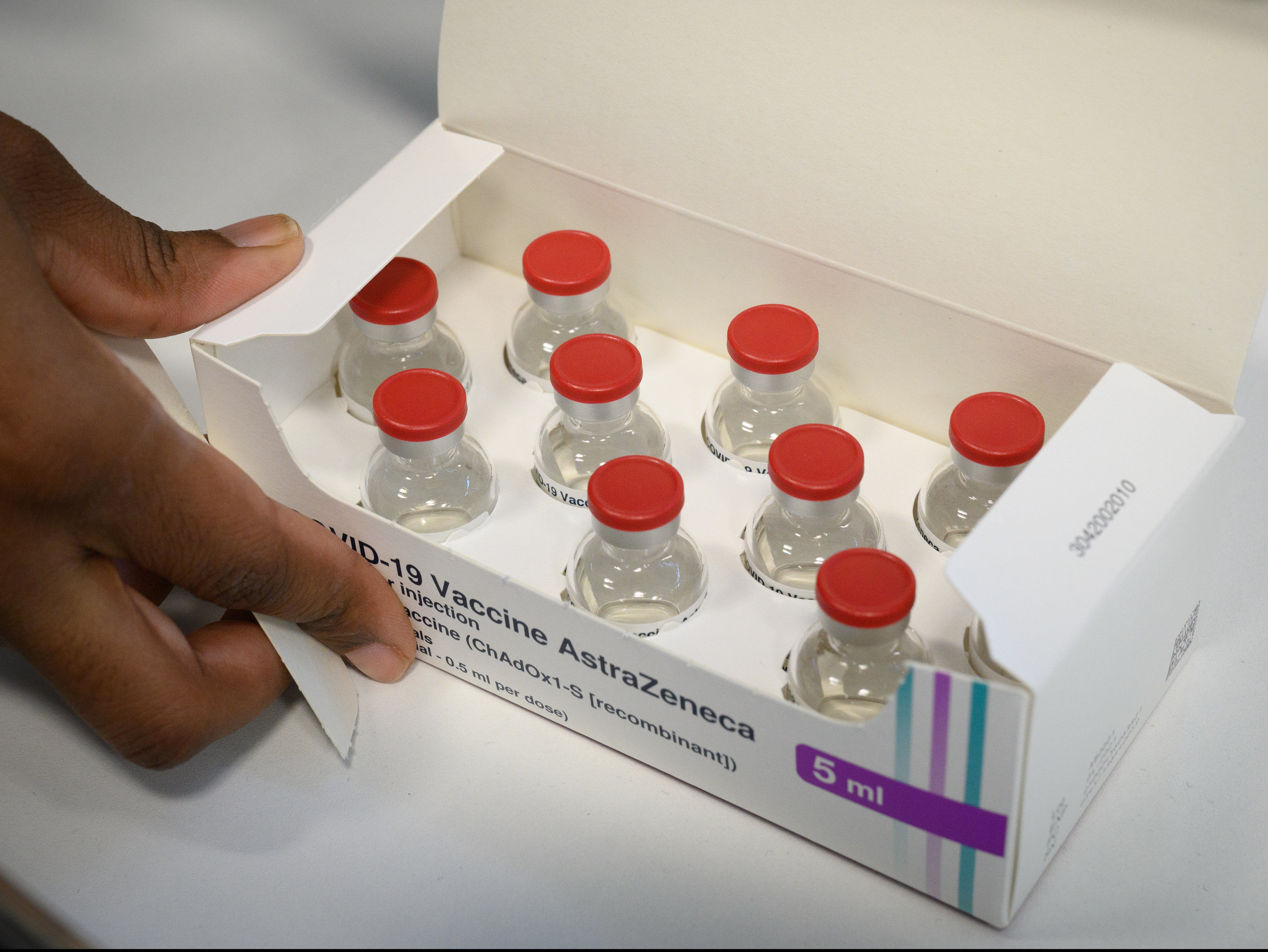Two new Covid variants found in UK with hundreds of cases detected
The UK Health and Security Agency has warned rapid growth has been identified in the strains
Your support helps us to tell the story
From reproductive rights to climate change to Big Tech, The Independent is on the ground when the story is developing. Whether it's investigating the financials of Elon Musk's pro-Trump PAC or producing our latest documentary, 'The A Word', which shines a light on the American women fighting for reproductive rights, we know how important it is to parse out the facts from the messaging.
At such a critical moment in US history, we need reporters on the ground. Your donation allows us to keep sending journalists to speak to both sides of the story.
The Independent is trusted by Americans across the entire political spectrum. And unlike many other quality news outlets, we choose not to lock Americans out of our reporting and analysis with paywalls. We believe quality journalism should be available to everyone, paid for by those who can afford it.
Your support makes all the difference.Two new strains of coronavirus have emerged in the UK, health officials have warned.
More than 700 cases of the mutant BQ.1 variant have been detected across the country with a further 18 cases of the so-called XBB variant.
Both XBB and BQ.1 are very immune evasive and may even be immune to current vaccines, experts have told The Independent.
XBB and BQ.1 are descendants of the highly transmissible Omicron variant and experts warned that a “swarm” of such subvariants could lead a fresh Covid-19 wave across Europe and North America by the end of November.
The UK Health and Security Agency (UKHSA) said studies are ongoing on the new variants and the body is assessing the situation closely.
According to the Biozentrum research facility at the University of Basel, which has been studying the evolution of the virus since the pandemic started, there is a “collective” of subvariants that are showing an ability to spread rapidly.
“The trends we’re seeing at the moment are very different from what’s happened in the past,” Cornelius Roemer, a computational biologist with Biozentrum, told The Independent.
“Omicron was maybe the first variant that was good at evading immunity and that’s why it caused such a large wave. Now for the first time, we see many lineages, many variants emerging parallel that all have very similar mutations and that all manage to still evade immunity pretty well,” he said.
Last month, University of Warwick virologist, Professor Lawrence Young, said there were Omicron subvariants that were causing concern in early data including showing signs of being able to escape immunity.

However, he warned that the UK risked being blind to these emerging variants because of the scaling down of testing facilities.
“The biggest concern we’re seeing is that in early data these variants are starting to cause a slight increase in infections. In a way, this was to be expected but it does demonstrate that we’re not out of the woods yet at all with this virus, sadly,” Professor Young said.
He added: “We’ve really taken our eye off the ball with Covid tests. We can only detect variants or know what’s coming by doing sequencing from PCR testing, and that’s not going on anywhere near the extent it was a year ago.”
Dr Meera Chand, director of clinical and emerging infection at the UKHSA said: “It is not unexpected to see new variants of SARS-CoV-2 emerge. Neither BQ.1 nor XBB have been designated as variants of concern and UKHSA is monitoring the situation closely, as always.
“Vaccination remains our best defence against future Covid waves, so it is still as important as ever that people come take up all the doses for which they are eligible as soon as possible.”



Join our commenting forum
Join thought-provoking conversations, follow other Independent readers and see their replies
Comments